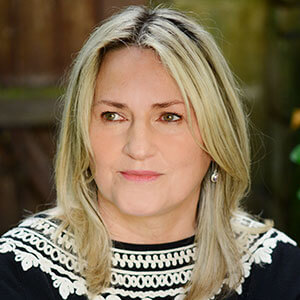Budget 2020

The government have yet to provide detail on when this will be implemented but in summary:
- Statutory sick pay will be paid to all those who choose to self-isolate, even if they don’t have symptoms. This is to support the government’s containment phase of the virus to dissuade employees from coming into work despite being ill.
- Sick notes will soon be obtainable by contacting 111, instead of attending a doctor’s appointment.
- Firms with fewer than 250 staff will be refunded for sick pay payments for two weeks for employee unwell with the Coronavirus.
- Contributory employment Support Allowance benefit claimants will be able to claim sick pay on day one, not after a week. The aim of this incentive is support those on zero hours contracts or part of the ‘gig’ economy in getting access to benefits quicker if they are unwell.
- Small firms will be able to access “business interruption” loans of up to £1.2m.
- Business rates will be abolished for this year for firms in the retail, leisure and hospitality sectors with a rateable value below £51,000.
- Increasing the National Insurance threshold from £8632 to £9,500 – giving 31 million people a tax cut, saving a typical employee £104.
- Introducing a new National Insurance relief for businesses that employ veterans.
- Increasing the Employment Allowance by a third to £4,000, a tax cut this April for nearly half a million small businesses.
- Those on contributory Employment and Support Allowance will be able to claim from day one instead of day eight.
Elsewhere in the budget, Sunak made several other promises employers should take note of, including:
- An extra 12 weeks’ paid leave for parents of premature babies
- An increase in the employment allowance for national insurance contributions from £3,000 to £4,000, which will come into effect in April 2020
- The introduction of a £3bn National Skills Fund with the aim of improving adults’ technical skills
- A ‘significant’ funding package to improve recruitment and retention in the NHS, which aims to increase the number of nurses by 50,000, as well as GPs by 6,000 and other primary care professionals by 6,000



